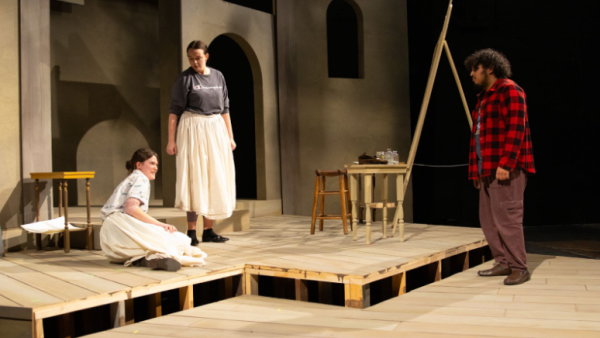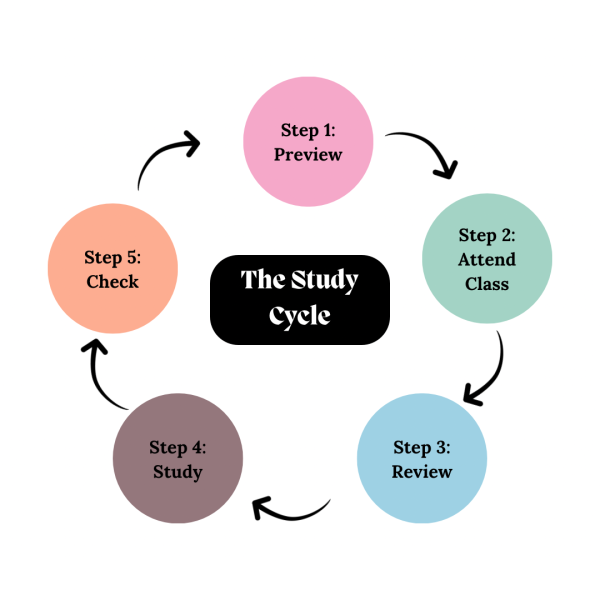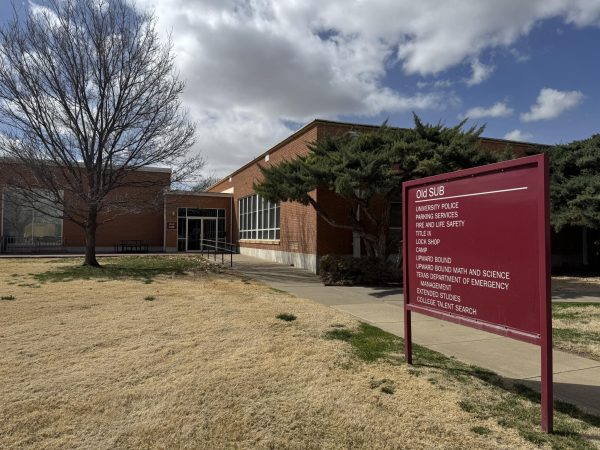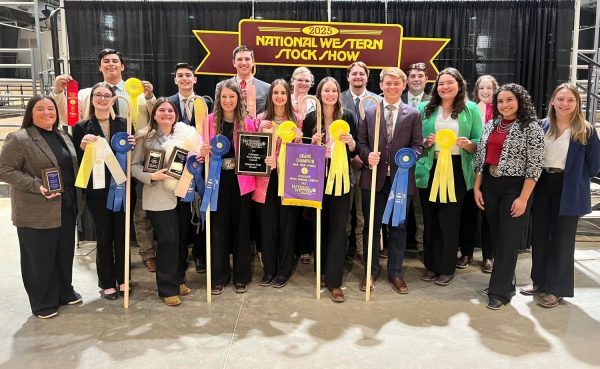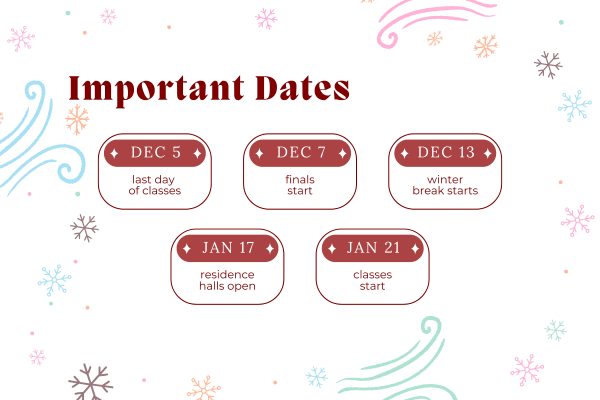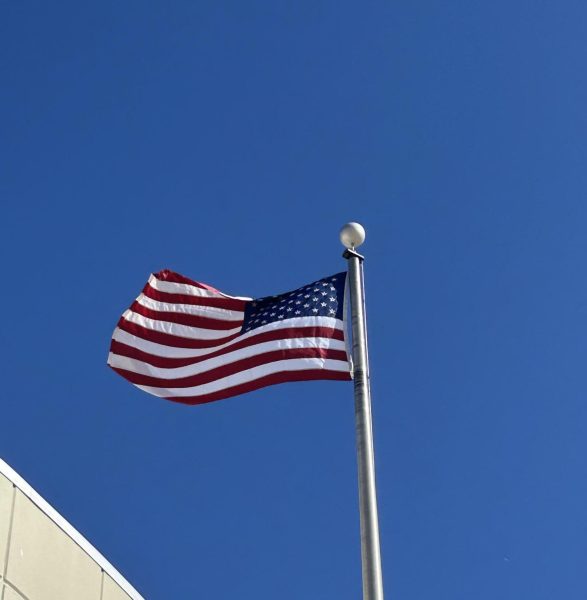WT goes intercultural with Buffs Around the World
On Wednesday, April 6, West Texas A&M University held an event dubbed “Buffs Around the World” at the Jack B. Kelley Student Center. The aim of this event was to showcase the cultural diversity of students, faculty and staff at WT. Due to COVID-19, the event had not been held for the past two years.
WT previously held the International Expo, which involved only international students, until it was rebranded as “Buffs Around the World.” This concept offers WT students, faculty and staff the chance to share their cultural roots. WT’s office of International Student Services coordinated the event.
“When we did the International Expo, we didn’t have a Study Abroad office and we didn’t have a Diversity and Inclusion office,” said Kristine Combs, director of International Student Services. “I wanted to be more inclusive and invite Study Abroad, and have students that have studied abroad host a table with faculty and staff inclusive.”
Years ago, this event was set up to make international students feel included. The first WT International Expo began with only seven students from different countries setting up tables in the JBK. The three-day event was well received, encouraging more participation in subsequent years.
Fabiola Hernandez is an alumna of WT and currently works with the College Assistance Migrant Program (CAMP) as an academic advisor and coordinator.
“I feel very honored and humbled to showcase a little part of Mexico,” Hernandez said. “Something that we did was a tradition that happens whenever a young lady is turning 15. There is a huge party with family, food, music and all of the other authentic Mexican traditions.”
“I like the fact that there are other Africans on campus,” said Adebusolami Delilah Adeyemi-King, a freshman pre-nursing major. “I can talk to them, and it just feels good because I have people from my hometown, Nigeria, and Africa. I don’t feel like I am alone.”
Previously, schoolchildren from around Canyon were bussed to WT to witness the cultural event. Passports were made with stamps from other countries they “visited” as souvenirs. As the enrollment of international students increased, there was the need for more funding for the event so students could represent all their different countries.
Cultures represented were Turkey, Italy, India, Nigeria, Pakistan, Ireland, Sri Lanka, the Middle East, Mexico, Bangladesh and Ecuador. Students and other representatives from these cultures were given $200 to purchase items to showcase their respective cultures.
“For me, this is about rebranding, regrouping and rethinking about including other people, and not just the international students,” Combs said. “This involves the global outreach of this university in terms of not only bringing students from foreign countries, but also taking students to foreign countries to study.”






